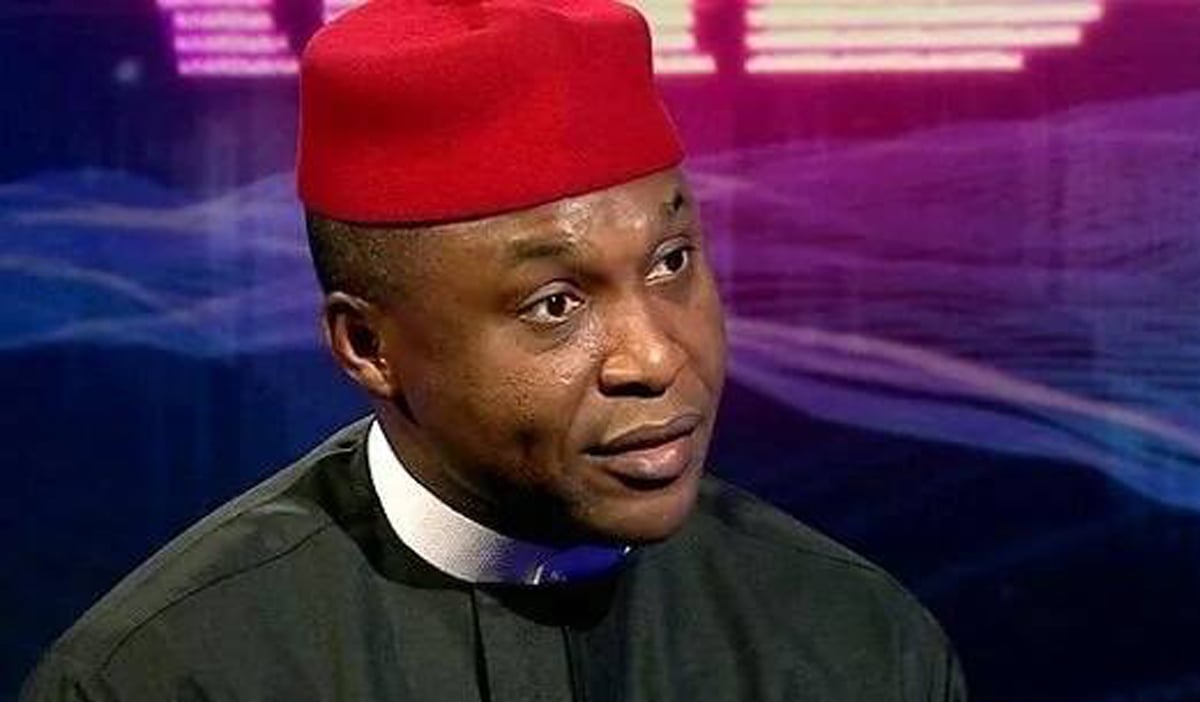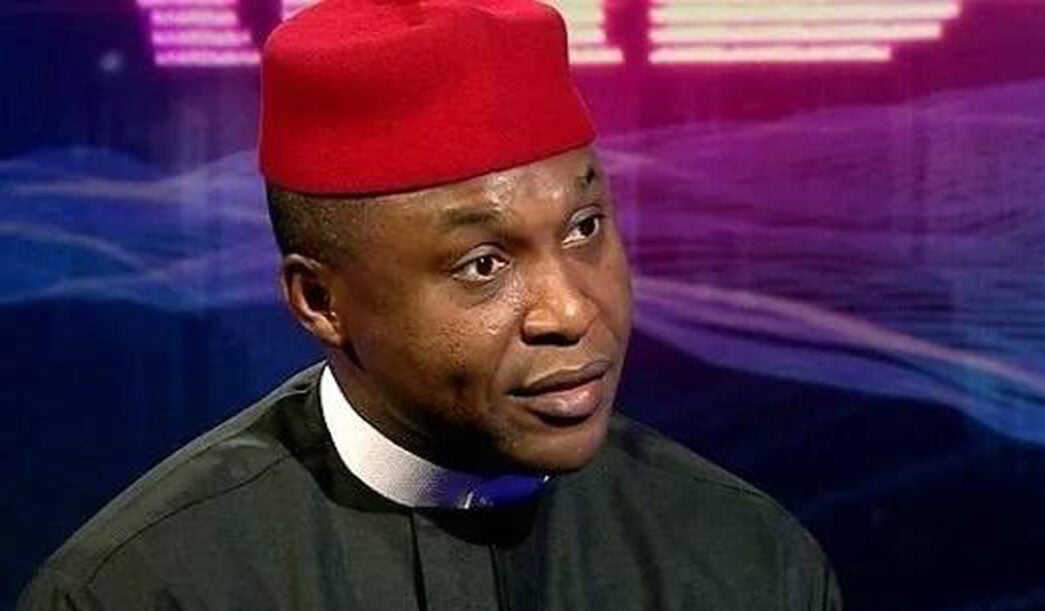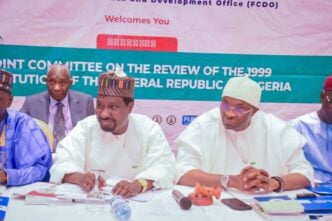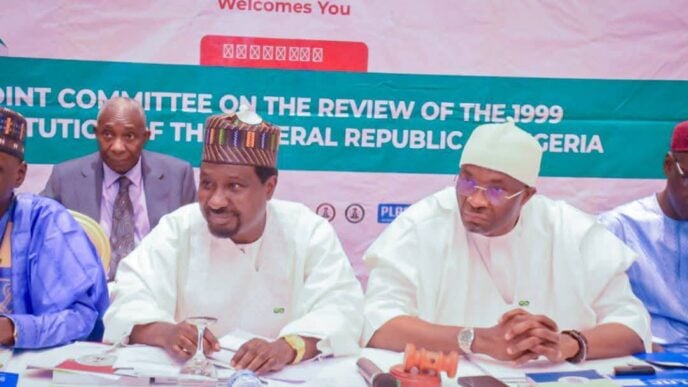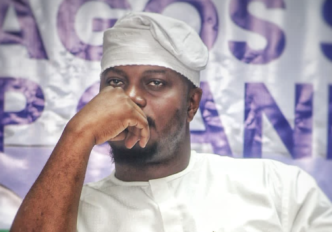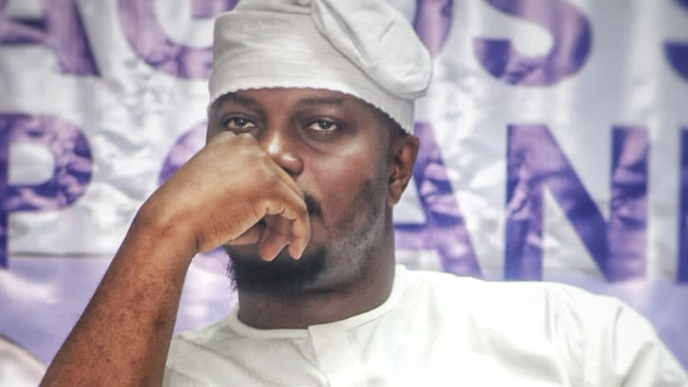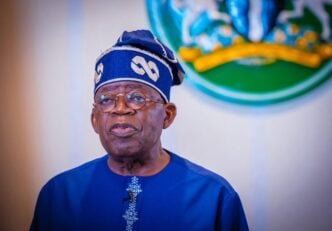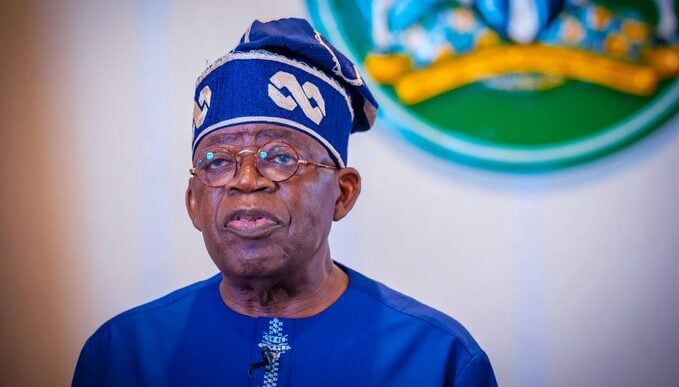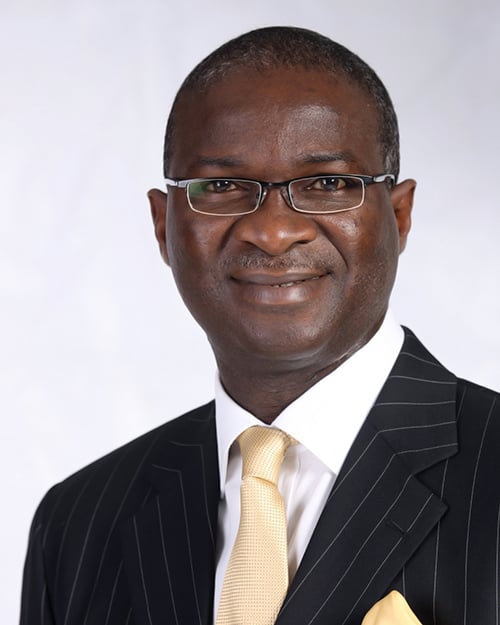Osita Chidoka
Osita Chidoka, former minister of aviation, has called on members of the Indigenous People of Biafra (IPOB) to renounce violence following the conviction of their leader, Nnamdi Kanu.
On Thursday, a federal high court in Abuja sentenced the IPOB leader to life imprisonment after finding him guilty of terrorism charges filed by the federal government.
In a statement on Monday, Chidoka urged youths in the south-east, IPOB sympathisers, and all concerned citizens to remain calm and avoid actions that could escalate tension in the region and across the country.
The former minister said violence would only multiply losses and stall the search for a resolution.
Advertisement
“The Southeast has paid a heavy price; traders, travellers, young people, and security officers have all been victims,” the statement reads.
“Any credible future engagement must begin with a clear renunciation of violence, the surrender of arms, and responsible acknowledgement of the harm caused by members, affiliates, and splinter groups.”
Chidoka noted that while Nigerians have a democratic right to agitate peacefully, no movement retains moral authority once associated with killings, injuries, fear, and disruption of ordinary life.
Advertisement
“At the same time, we must acknowledge that the Nigerian state is overstretched, battling insecurity on multiple fronts, managing economic hardship, and facing rising public distrust and global scrutiny,” he said.
“Force alone cannot hold a diverse nation together. Beyond the legal pathways open to Mazi Kanu, there is room for a structured political settlement: one that requires IPOB to renounce violence and accept responsibility, and the government to consider a supervised process of dialogue, rehabilitation, and reintegration.
“History shows that when groups abandon violence and governments embrace dialogue, peace becomes possible.”
Chidoka cited international examples, including the Irish Republican Army and ETA in Spain, as models for how groups can transition from violence to dialogue, accountability, and reconciliation.
Advertisement
“These examples remind us that lasting peace is achieved not through victory or vengeance, but through accountability, courage, and negotiation,” he added.
“Our nation has reached the edge of exhaustion. We must step back, not out of fear, but out of faith in our shared future.
“I call on the Presidency, the National Council of State, and leaders of conscience across Nigeria to help midwife a process of dialogue anchored on justice, peace, and national harmony.
“Let this moment not become another scar on the conscience of our nation, but a turning point, where reason triumphs over resentment, and courage finds expression in reconciliation.
Advertisement
“The destiny of Ndigbo will not be secured by anger or isolation but by wisdom, moral example, and strategic engagement with the rest of Nigeria.
“In turn, Nigeria must demonstrate fairness, inclusion, and justice to earn the trust of all its peoples: East, West, North and South.”
Advertisement
